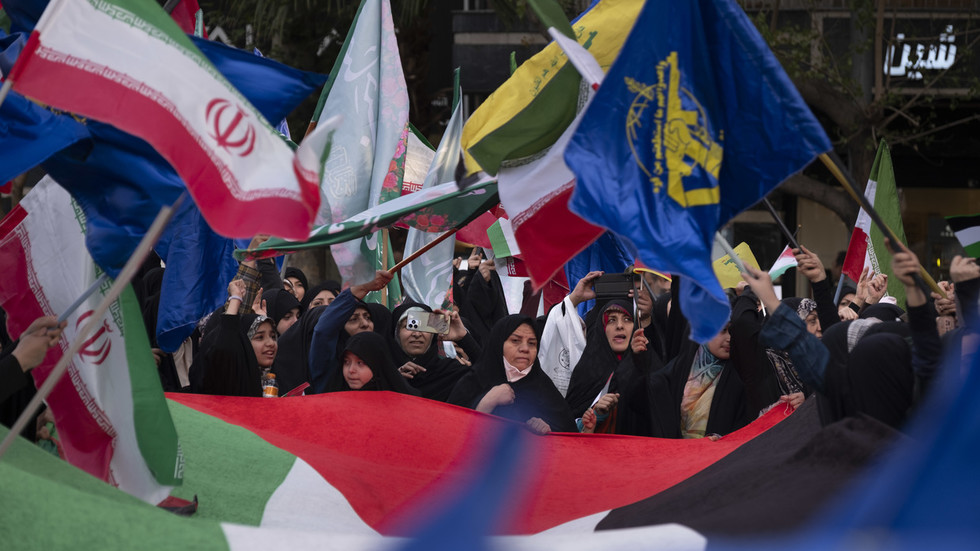U.S. Secretary of State Antony Blinken has recently acknowledged the shortcomings of American foreign policy, particularly concerning Iran, over the past two decades. Speaking at the Council on Foreign Relations in New York, Blinken addressed the question of whether the U.S. should pursue a policy of regime change in Iran. He candidly admitted that Washington’s numerous attempts to instigate a change in the Iranian government have largely failed, invoking laughter from the audience. Blinken emphasized that the lack of diplomatic relations between the U.S. and Iran since 1980 has significantly hindered the U.S.’s understanding of Iranian political dynamics, suggesting that the complex nature of Iranian society has rendered past strategies ineffective. He noted that the absence of an exchange of diplomatic communications has meant that the U.S. can only glean a partial understanding of the internal sentiments within Iran.
In discussing the Iranian populace, Blinken acknowledged that there are voices of opposition to the Islamic Republic that resonate among a considerable segment of the population, but he cautioned against oversimplifying the situation. He stated that even though many Iranians may desire a future distinct from the current regime, a significant conservative faction remains loyal to the existing government. This acknowledgment reveals an implicit limitation in the ability of external actors, including the U.S., to accurately gauge the complexities of Iranian public sentiment and the realities on the ground. Therefore, Blinken underscored the challenges faced by Washington in attempting to influence Iranian socio-political dynamics from abroad.
Despite the apparent challenges, Blinken defended the U.S.’s past initiatives aimed at helping those within Iran who seek change. He suggested that Washington’s efforts have included attempts to empower Iranian citizens—facilitating communication, providing resources, and supporting individuals aiming for a different future for their country. This perspective reflects a broader strategy that focuses on creating conditions favorable for internal change rather than direct intervention. However, Blinken’s remarks highlighted a fundamental dilemma: that efforts to affect change in Iran’s governance structure may be thwarted by deep political and social complexities that outsiders find difficult to navigate.
Additionally, Blinken’s comments contained a cautionary note regarding Iran’s possible pursuit of nuclear weapons in light of escalating tensions in the Middle East. He indicated that the next U.S. administration, expected to be led by incoming President Donald Trump, will face negotiations with Tehran to avert the development of these weapons. This is particularly significant given Trump’s earlier withdrawal from the 2015 multilateral nuclear agreement, which aimed to curtail Iran’s nuclear ambitions. The shift in U.S. positions under varying administrations illustrates the volatility and complexity of America’s approach to Iran.
Following Trump’s withdrawal from the nuclear deal and his implementation of a “maximum pressure campaign,” speculation has arisen regarding potential military options against Iran, including direct attacks on its nuclear facilities. Such discussions highlight the extreme measures considered by U.S. officials in addressing Iran’s nuclear aspirations and reflect ongoing anxiety about the nation’s strategic intentions. Blinken’s acknowledgment of this turbulent backdrop reveals the precarious nature of U.S.-Iran relations, which remain fraught with distrust and diverging interests.
In summary, Antony Blinken’s candid reflections on U.S. policy toward Iran underscore a recognition of the historical failures in attempts at regime change, emphasizing the complexities of Iranian politics and society. His remarks reveal an awareness that successfully influencing change within Iran requires a nuanced understanding of its internal dynamics, which has been hampered by decades of disengagement. As the U.S. grapples with the challenge of Iran’s nuclear ambitions and considers the broader implications of its foreign policy choices, the necessity for a strategic reassessment becomes paramount. The future of U.S.-Iran relations will likely depend on a balanced approach that recognizes both the aspirations of the Iranian people and the geopolitical realities that shape the region.

